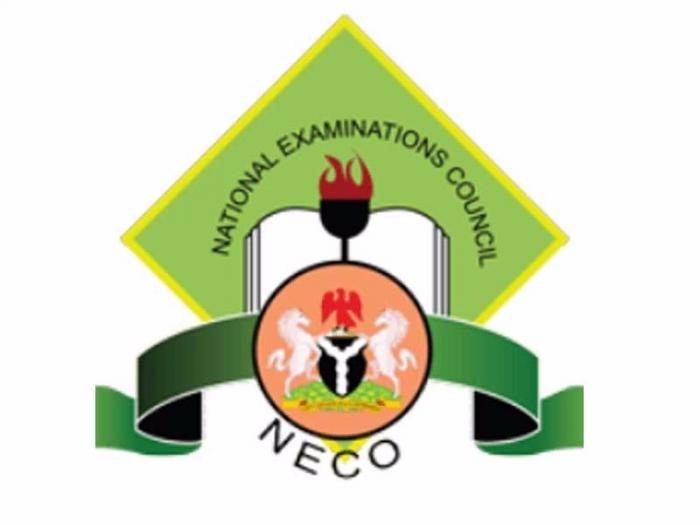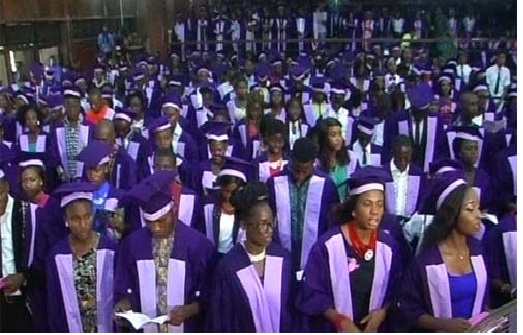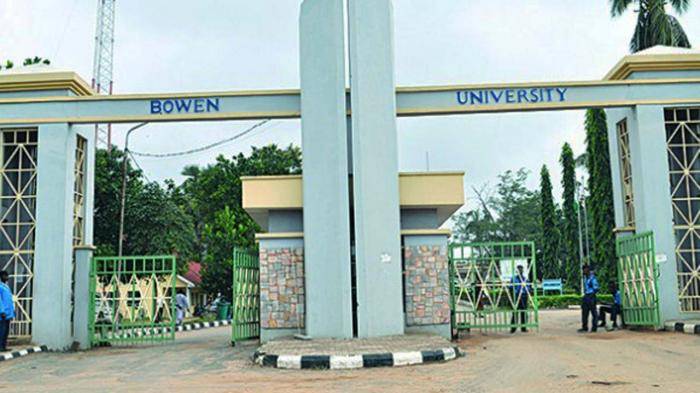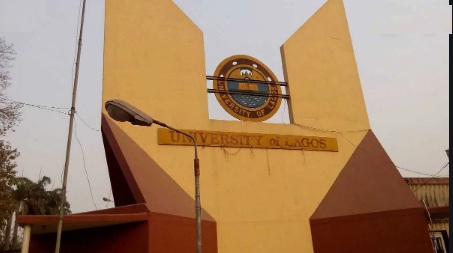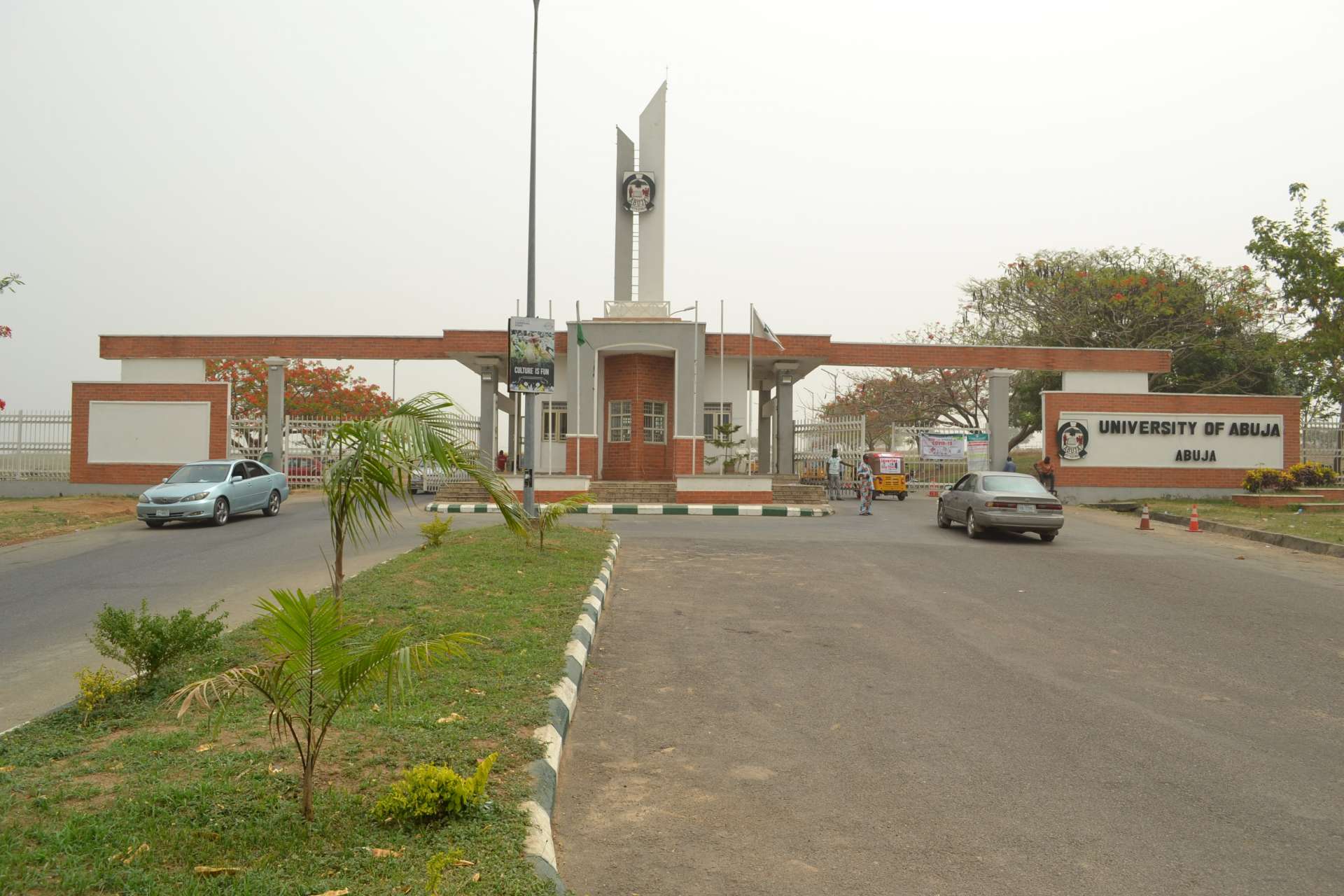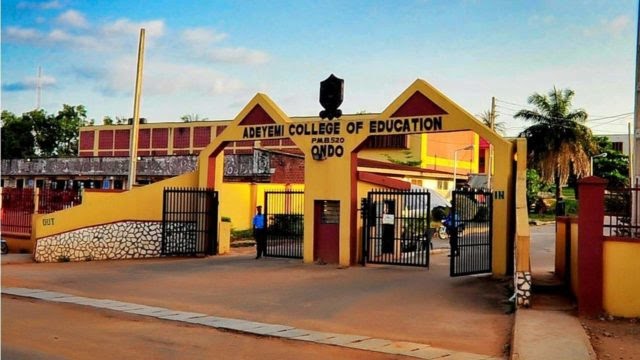JAMB lists LASU, UNILAG, UNILORIN as top choices for Nigerian candidates
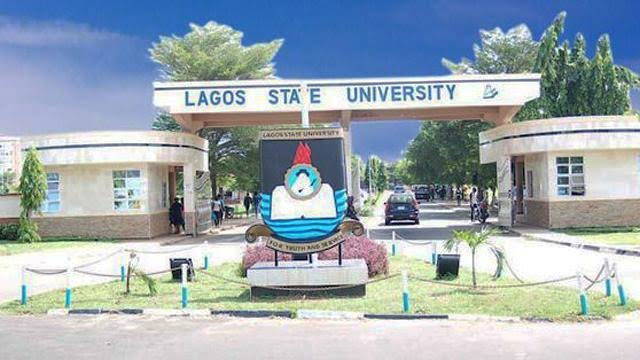

The Joint Admissions and Matriculation Board (JAMB) has revealed that Lagos State University (LASU), the University of Lagos (UNILAG), and the University of Ilorin (UNILORIN) are the most selected institutions by candidates seeking admission into Nigerian universities for the 2025/2026 academic session.
This disclosure was made by the JAMB Registrar, Prof. Ishaq Oloyede, during the 2025 Policy Meeting on Admissions into Tertiary Institutions, which was held on Tuesday in Abuja.
JAMB stated that the ranking of preferences was based on the choices made by over two million candidates who took part in the 2025 Unified Tertiary Matriculation Examination (UTME).
Prof. Oloyede noted that these universities stood out as the most favoured among all tertiary institutions in Nigeria.
According to NAN, LASU ranked first on the list with 70,080 applications. It is also the only state-owned university among the top ten most sought-after universities, with the other nine being federal institutions.
UNILAG came next with 58,645 applicants, while UNILORIN received 56,758 applications. Other institutions on the list include the Federal University Oye-Ekiti (FUOYE), which had 52,108 applicants; Nnamdi Azikiwe University (UNIZIK), which received 51,487 applications; and the University of Ibadan (UI), with 47,571 applicants.
The University of Nigeria, Nsukka (UNN) had 46,273 applicants, the University of Benin (UNIBEN) had 45,868, Obafemi Awolowo University (OAU) recorded 45,777, and the Federal University, Lafia had 42,962 applicants.
The policy meeting also included discussions on the 5th edition (2023 and 2024) of the National Tertiary Admissions Performance–Merit Award (NATAP-M), an initiative by JAMB to acknowledge institutions for merit, efficiency, and transparency in their admission processes.
JAMB has set 150 as the minimum acceptable UTME score for admission into universities for the 2025/2026 academic session. For polytechnics and colleges of education, the minimum score is 100 and above, while colleges of nursing sciences will accept scores from 140 and above.
These cut-off marks were jointly agreed upon by various stakeholders, including vice-chancellors, rectors, provosts, and regulatory bodies, who participated in the discussions.
Each institution is allowed to set a higher benchmark but must not admit any candidate with a score below the national minimum. For instance, a university may choose a cut-off mark of 180, but it must not go lower than 150.
The Minister of Education, Dr. Tunji Alausa, has also set 16 years as the minimum age for gaining admission into tertiary institutions in Nigeria.
The age limit is intended to match students’ cognitive development with the academic and social expectations of higher education. Although some exceptions may be granted for exceptionally gifted students who are academically ahead of their peers, such cases must be properly documented and justified by the admitting institution.


